Standing with the humanities and for academic freedom since 1971.
Read the new issue or scroll down to our free features

Visual Loudness, Insistence,
and Remapping: On the Continued Protest Against Feminicide in Ciudad Juárez
Laila Espinoza, University of California at Berkeley
Introduction:
“La Cruz de Clavos”
Installed in 2002 at the Paso Del Norte International Bridge in protest against feminicide in Ciudad Juárez, the “Cruz de Clavos” (Cross of Nails) Memorial is a daily reminder that in this border city, girls and women continue to go missing. The memorial remains over two decades later, standing several feet tall against a magenta pink background that’s covered in 268 iron spikes. Each spike represents a girl or woman whose life was stolen between 1993 and 2002.1 At top center, the cross bears a small magenta pink plaque that reads, “Ni Una Mas!” (Not One More), painted in black bold letters. Over the course of three decades (and counting), more than 3,000 girls and women have gone missing or have been murdered; the vast majority have been Indigenous women, young and impoverished. In response to this violence, the community transformed the entire city into a massive network of crosses, memorial murals, altar installations, and graffiti.
In downtown Juárez, pesquisas (missing person ads) show photographs of missing girls and women, their names, physical descriptions, and the last day they were seen. They are pasted on electrical posts and telephone booths along with a black cross on a magenta pink background or just a magenta pink cross. The long stretches of desert spaces between the colonias (impoverished peripheral neighborhoods) are spotted with wooden crosses of the same color planted in the ground anywhere the body of a girl or woman has been found. Vacant parking lots near maquiladoras (foreign-owned factories) such as Campo Algodonero, or Cotton Fields, are now clandestine cemeteries marked with these altars.
On the surface, the feminicide in Ciudad Juárez appears to have been silenced and buried by a network of organized terror, repression, and impunity. And yet, as I show through on-site analysis, storytelling, and personal, embodied participation, the site-specific memorial murals, graffiti, and installations, and the practices of planting and painting magenta crosses everywhere, conjure an enduring visual loudness and perform a remapping of the borderlands in protest of feminicide that refuses local, national, and transnational dismissal.





